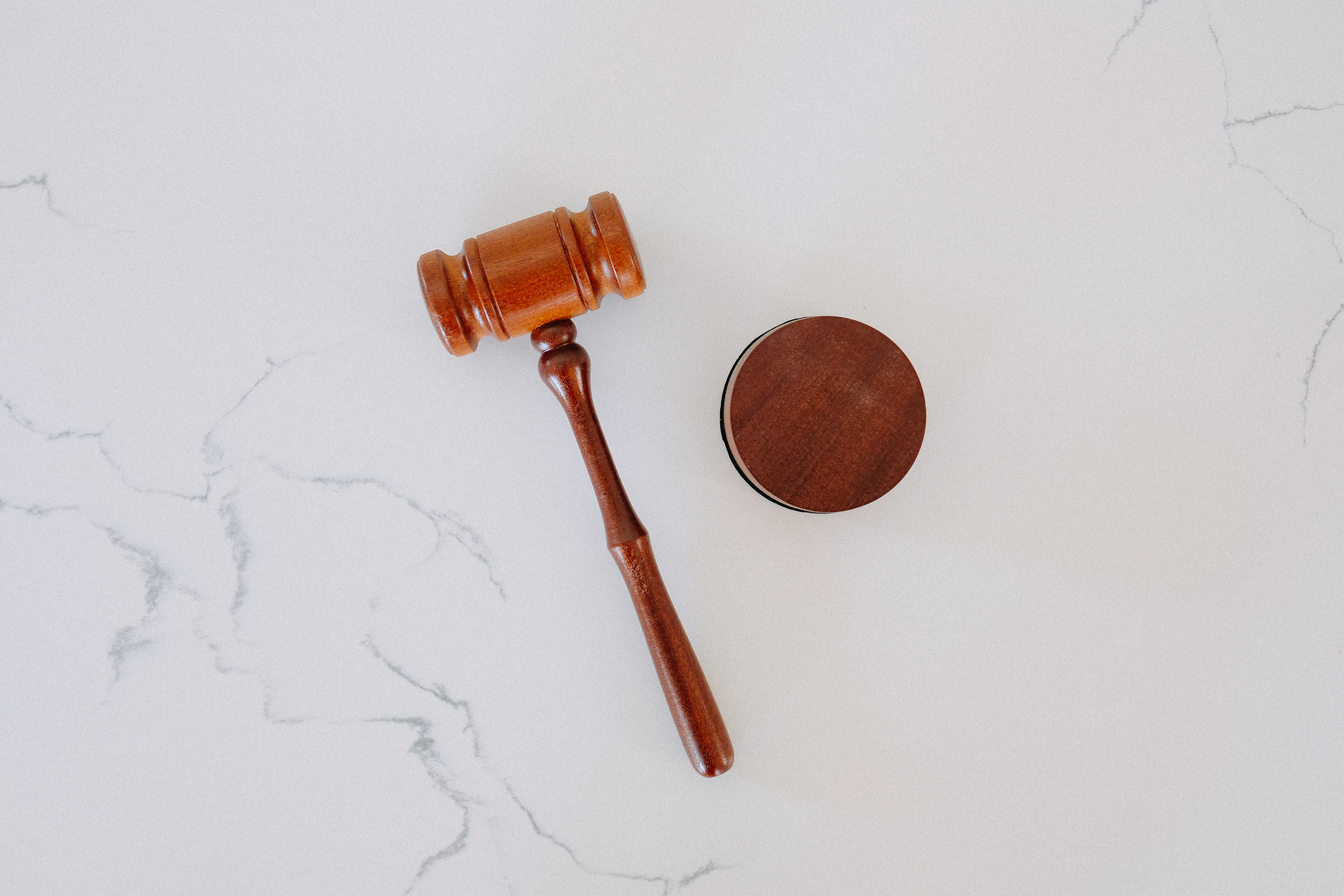Buying Property in the UAE: A Legal Guide for Expats

The UAE is a popular destination for expats who want to enjoy a high standard of living, a diverse culture, and a booming economy. However, buying a property in the UAE is not as straightforward as it is in some other countries.
There are different laws and regulations that govern the real estate market in the UAE. In this blog post, we will help you understand the basics of property law in the UAE, and what you need to consider before investing in a property as an expat.
Property Law in the UAE
Property law in the UAE is based on a combination of federal laws, local laws, and Islamic principles. The main federal law that regulates property ownership and transactions is the Federal Law No. 5 of 1985 on Civil Transactions (the Civil Code). The Civil Code defines the types of property rights, such as ownership, usufruct, leasehold, and mortgage, and the conditions and procedures for acquiring and transferring them.
However, the Civil Code does not apply to all types of property or all areas of the UAE. Each emirate has its own local laws that specify which properties are open to foreign ownership and which are restricted to UAE nationals or GCC citizens.

For example, Dubai has issued Law No. 7 of 2006 on Real Property Registration (the Dubai Property Law), which allows foreigners to own freehold, leasehold, or usufruct rights over certain properties in designated areas of Dubai. Abu Dhabi has issued Law No. 19 of 2005 on Real Property Ownership (the Abu Dhabi Property Law), which allows foreigners to own leasehold or usufruct rights over certain properties in investment zones of Abu Dhabi.
Therefore, before buying property in the UAE, expats need to check the local laws of the emirate where they want to invest and verify the type and extent of property rights they can acquire. They also need to register their property rights with the relevant authorities and pay the applicable fees.
Buying property in the UAE can be a rewarding experience for expats who want to enjoy a luxurious lifestyle and a profitable investment.
However, it also involves legal complexities and challenges that require careful research and planning. Expats need to understand the property law in the UAE, and how they affect their rights and obligations as property owners.
Share this article on: